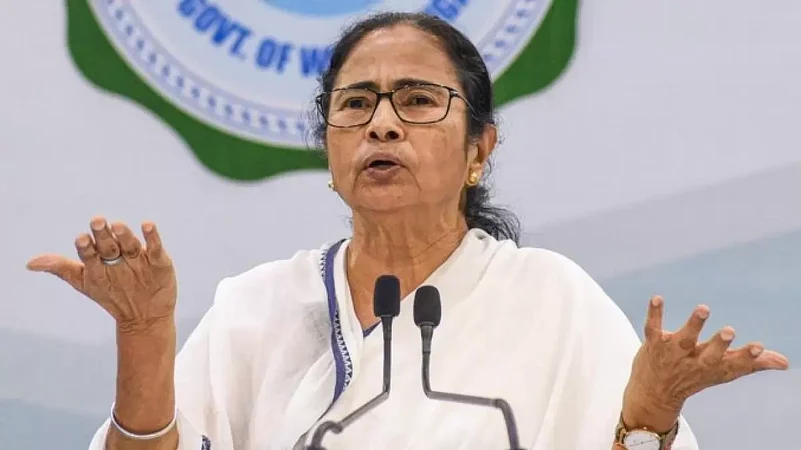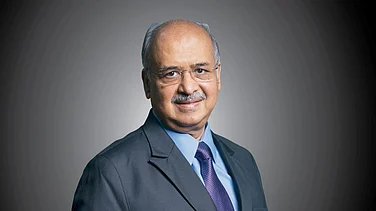Mamata Banerjee, Trinamool Congress (TMC) supremo, once again beat back the Bharatiya Janata Party onslaught. In the just-concluded Lok Sabha elections, TMC won 29 seats (out of 42) up from 22 that it won in 2019. The saffron party slipped to 12 from 18 that it won in the last Lok Sabha elections.
What explains the Bengal electorate’s long-lasting affection for Didi? Economics for one. Economics of handouts to be precise. “Ma Mati Manush” has been at the core of TMC’s popularity. The West Bengal government has a slew of social welfare schemes up and running over the past few years. The list of these welfare schemes is long: The Lakshmir Bhandar, in which women in the age group of 25-60 have cash transferred directly to their bank accounts; Rs 1,200 for SC/ST and Rs 1,000 for general category women.
Kanyashree, Rupashree, Nijo Griha Nijo Bhumi, Sabooj Sathi, Swasthya Sathi...These pro-people policies have made Didi popular among the electorate, especially women voters who constitute 50 per cent of West Bengal’s 2.3 crore electorate.
The state has not done too badly in other aspects too. West Bengal’s gross state domestic product (GSDP) rose from Rs 14,44,174 crore in 2020-2021 to Rs 17,13,154 crore in 2022-2023, according to PRS Legislative Research data. That aside, the debt stock of the state as a percentage of GSDP has also declined from 40.65 per cent in 2010-11 to 37.49 per cent in 2022-23.
Rural monthly per capita consumption expenditure has been robust. Between 2011 and 2018 it was 7.2 per cent, higher than the all-India rate of 5.2 per cent. A large section of the socially vulnerable has access to the basics. A breakup of revenue expenditure shows that the state intends to spend Rs 1,32,784.54 crore on social services in 2024-25, up by 21.18 per cent from the revised estimate of 2023-24. Social service expenditure includes spending on education, health and family welfare, housing and urban development, welfare of SC, ST, other backward classes.
Along with her personal popularity, Mamata has a strong grip over the state bureaucracy. The state apparatus is also aligned to the political class.
The choice to vote for TMC has also been easy as a disjointed opposition failed to throw up a charismatic leader in the state who has a finger on the Bengali pulse to gauge what makes the people of West Bengal tick.
A judicious mix of social welfare schemes, street cred, stoking Bengali cultural pride, and minority and women voters rallying behind her has made Mamata Banerjee hard to dislodge. Cracking this code will be difficult unless the opposition comes up with a different narrative that can swing West Bengal voters away from TMC.































